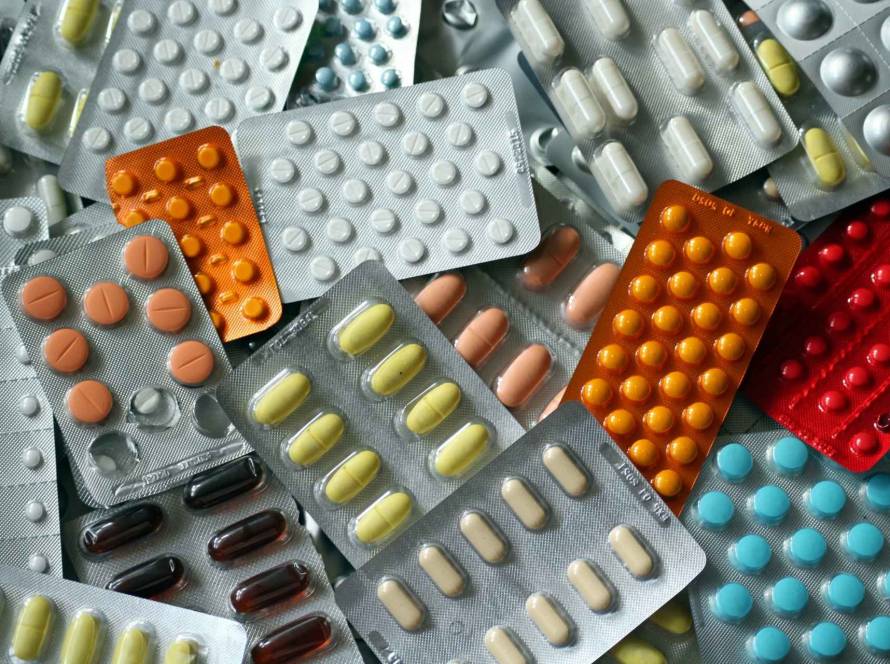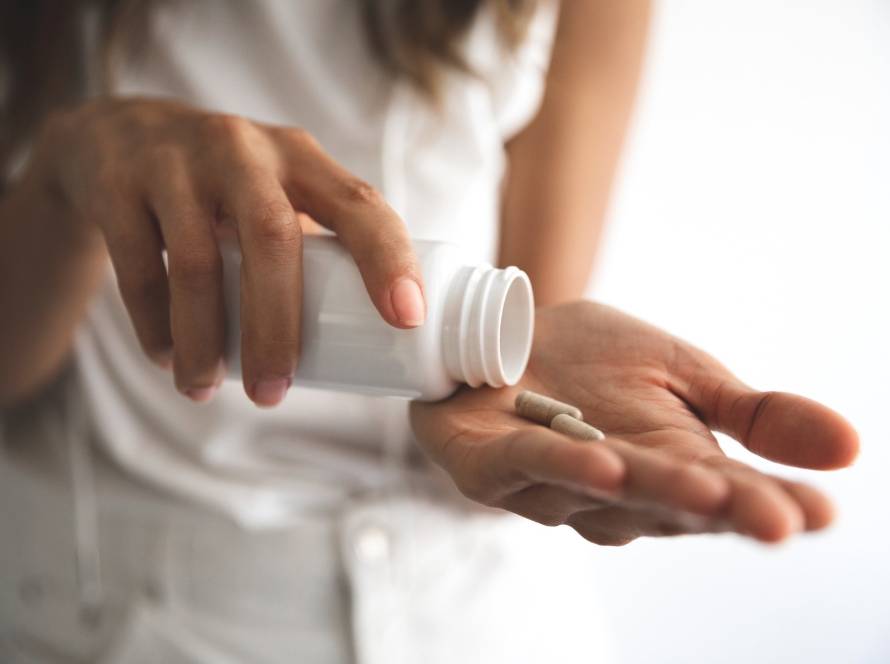Glutathione is often called the body’s “master antioxidant” for a good reason. Found in nearly every cell, this tripeptide plays a central role in detoxification, immune function and cellular repair. As exposure to environmental toxins, stress and poor diet increases, maintaining optimal glutathione levels becomes critical to protect health. But how exactly does glutathione detox the body? And can supplementation truly help us cleanse and protect the body?
In this article, we explore glutathione’s biological role, its connection to liver health and the scientific evidence behind its detoxifying potential.
What is glutathione?
Glutathione is a naturally occurring antioxidant that protects the body from oxidative stress and supports overall health. It is involved in nearly every aspect of cellular function, from energy production to immune defense.
Structure and function
Glutathione is composed of three amino acids: glutamine, cysteine and glycine. These components allow it to act as a reducing agent, which means it can donate electrons to neutralize harmful free radicals. In its reduced form (GSH), glutathione is most active and can directly participate in redox reactions. It also helps regenerate other antioxidants like vitamin C and E, amplifying their protective effects.
Role in cellular protection
Cells constantly face threats from reactive oxygen species (ROS), which are unstable molecules produced during normal metabolism or due to environmental exposure. Glutathione helps neutralize these ROS, preventing them from damaging DNA, proteins and cell membranes. Without sufficient glutathione, cells are more vulnerable to oxidative damage, which can accelerate aging and increase the risk of chronic diseases.
Glutathione and detoxification
The detoxification process in the human body depends on various enzymes and biochemical pathways and glutathione plays a key role in several of them. Its ability to bind and eliminate harmful substances is what makes it critical for detox support.
Phase II detoxification
Detoxification in the liver involves three phases. During Phase II, glutathione is conjugated with toxic molecules to make them more water-soluble. This transformation allows the body to excrete them through urine or bile. Glutathione conjugation is particularly important for removing heavy metals like mercury and cadmium, as well as synthetic chemicals and by-products of drug metabolism.
Neutralizing free radicals
Free radicals can be generated internally or introduced through pollution, radiation, tobacco smoke and processed foods. Glutathione neutralizes these radicals directly, preventing oxidative stress and subsequent damage to tissues and organs. It also supports other detoxifying antioxidants, creating a synergistic defense system within the body.
Supporting enzymatic pathways
Glutathione acts as a cofactor for several detoxification enzymes, including glutathione peroxidase and glutathione S-transferase. These enzymes are essential for reducing peroxides and conjugating toxins for elimination. Their function depends on adequate levels of glutathione in cells, highlighting its central role in metabolic clearance.
How glutathione affects liver health
As the body’s primary detoxification organ, the liver relies heavily on glutathione to process toxins and maintain cellular health. Without adequate glutathione, the liver’s ability to filter harmful substances from the blood becomes compromised.
Protection against liver damage
Environmental toxins, alcohol and certain medications can lead to liver cell injury. Glutathione neutralizes these toxins and protects liver cells from oxidative damage. Animal studies and clinical research have shown that glutathione supplementation may reduce liver enzyme levels, indicating reduced liver stress.
Support for fatty liver and hepatitis
Nonalcoholic fatty liver disease (NAFLD) and viral hepatitis are conditions associated with oxidative stress and inflammation. Clinical trials have found that glutathione can help improve liver enzyme profiles, reduce fat accumulation and support liver regeneration in patients with these conditions. This makes it a potential adjunct in managing liver diseases.
Reducing inflammation and fibrosis
Chronic inflammation in the liver can lead to fibrosis, the formation of scar tissue. Glutathione helps suppress pro-inflammatory cytokines and reactive oxygen species that contribute to fibrosis. By doing so, it promotes healthier liver tissue and prevents the progression of liver disease.
Can glutathione supplements help detox the body?
Glutathione supplements are increasingly popular among people seeking to support detoxification, especially during times of stress, poor diet, or illness. But not all supplements are created equal and bioavailability remains a key concern.
Bioavailability challenges
Traditional oral glutathione supplements may be broken down in the digestive tract before they can reach cells. However, liposomal glutathione, encapsulated in fat-soluble particles, has been shown to enhance absorption. Another approach is to take glutathione precursors, such as N-acetylcysteine (NAC), which help the body produce more glutathione naturally.
Clinical evidence
Studies have demonstrated that liposomal glutathione supplements can significantly increase blood glutathione levels and reduce markers of oxidative stress. These findings support the use of supplementation in individuals with compromised detox capacity or chronic illness.
Synergistic nutrients
Glutathione does not act alone. It works in synergy with other nutrients like selenium (a cofactor for glutathione peroxidase), vitamin C (which helps regenerate glutathione), alpha-lipoic acid and NAC. Ensuring adequate intake of these compounds can amplify the detoxifying effects of glutathione.
Glutathione plays a vital role in detoxifying the body. It is involved in every stage of detoxification, from neutralizing free radicals to assisting in the elimination of toxins. Its impact on liver function, inflammation and oxidative stress makes it a cornerstone of cellular defense. While our bodies are capable of producing glutathione, modern life places a high demand on this antioxidant.
Factors like poor nutrition, stress, aging and toxin exposure can reduce glutathione levels. Supplementation, especially with liposomal forms or precursors like NAC, may help replenish stores and support the body’s natural detoxification systems. As the master antioxidant, glutathione stands out as a key nutrient for maintaining long-term health and resilience.


